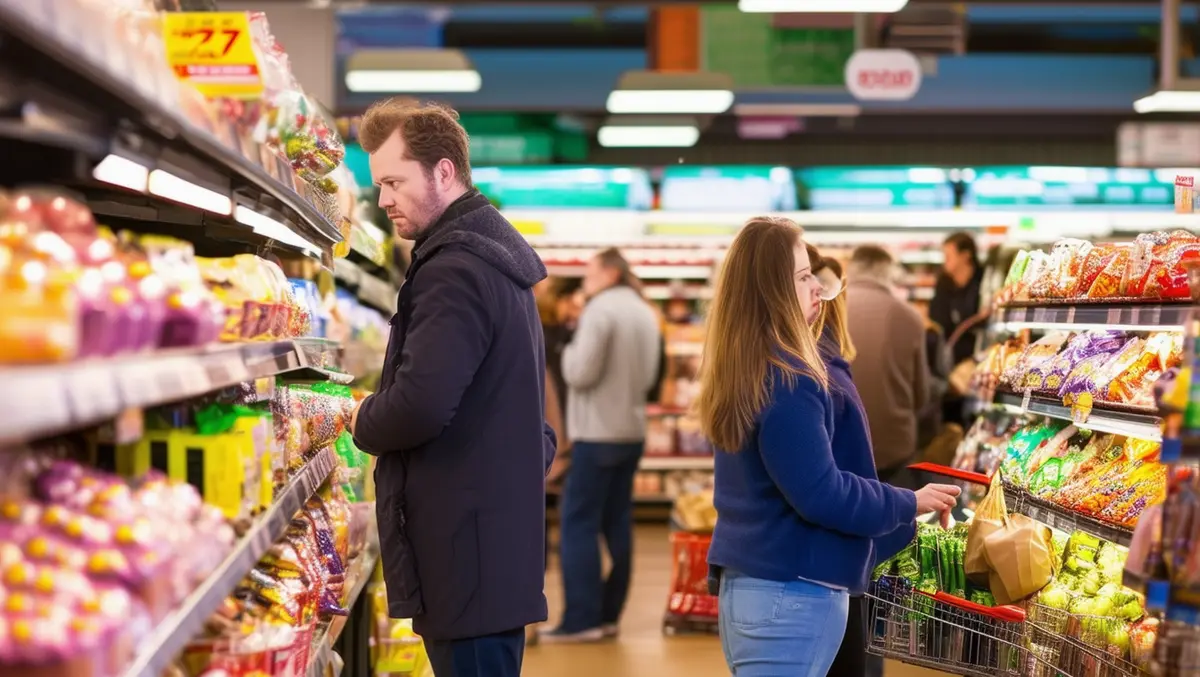
Australians trim grocery shopping as prices continue to rise
Amidst rising grocery prices in Australia, consumers are increasingly prioritising essential purchases, often foregoing popular items such as sweet treats and snacks.
A survey conducted by YouGov for ShopFully has revealed that 56% of Australians are choosing to return sweet treats to shelves when faced with high grocery bills. Items like chips and savoury snacks are also being returned by 47% of shoppers, with 35% leaving alcohol, 31% discarding non-alcoholic beverages, and 28% returning bakery items.
Brendan Straw, Country Manager of ShopFully Australia, spoke on these findings, noting, "Aussies are clearly feeling the pressure of rising costs, and our research shows they're making increasingly tough choices at the checkout. While impulse buying is part of our shopping culture, it's interesting to see how priorities shift when the bill starts to add up. ShopFully is here to help Australians make smarter, more informed shopping decisions by connecting them to the latest deals and promotions, ensuring they can still access the products they love at the best prices."
The survey highlights that women tend to buy personal care products on impulse more frequently than men but are also more likely to return these items amid rising costs. The research indicates 21% of women return personal care products compared to 15% of men. Additionally, men are more inclined to put back fruit and vegetables, with figures at 16% versus 10% for women.
Generational disparities have been noted, with younger consumers, particularly Gen Z and Millennials, more frequently returning dairy and fresh produce. Around 24% of Gen Z and 23% of Millennials reported returning dairy products, while 22% of Gen Z and 18% of Millennials opted to leave fruit and vegetables out of their purchases. This contrasts with Baby Boomers, where only 9% reported doing the same for these categories.
Families with children under 18 are also trimming their purchases, with 23% of these households returning meat and fish, 20% dairy, and 20% fruit and vegetables. These figures are higher compared to households without children under 18.
Impulse shopping habits were also examined, showing that impulsive buyers are more likely to put back products such as sweet treats and savoury snacks compared to their non-impulsive counterparts. The study pointed out that 57% of impulse buyers return sweet treats compared to 41% of non-impulse buyers, and 48% of impulse buyers return chips or snacks compared to 32%.
The study also observed that Australians with an income of AUD $150,000 or more annually are less affected by the increased grocery costs, with only 11% of this group reporting the return of meat or fish due to high bills.
.webp)

